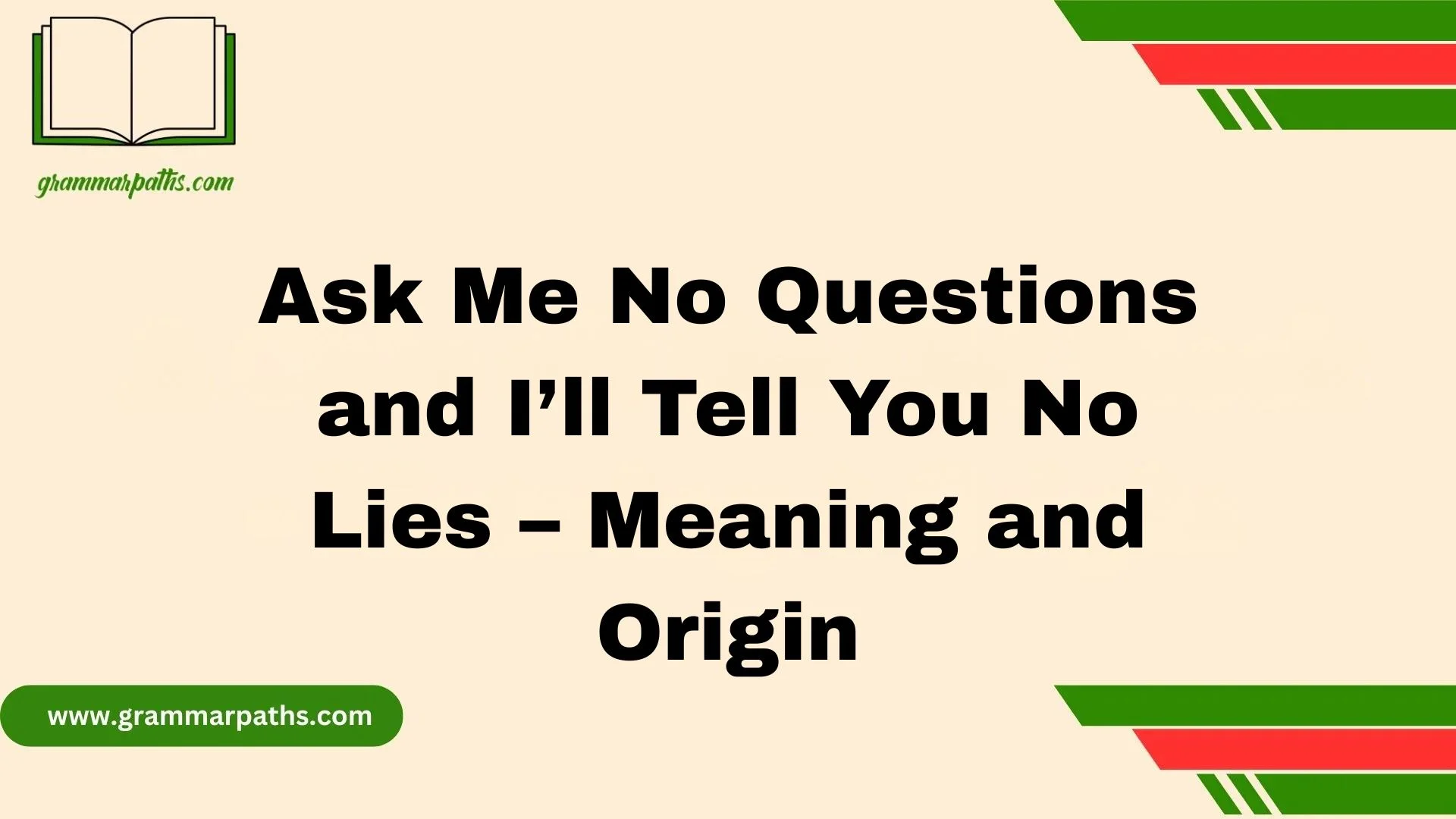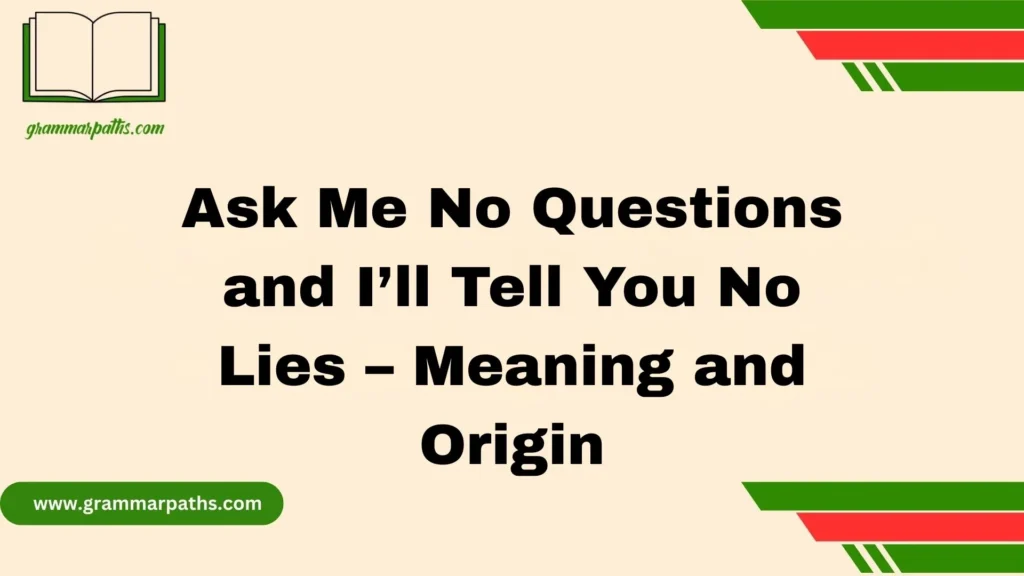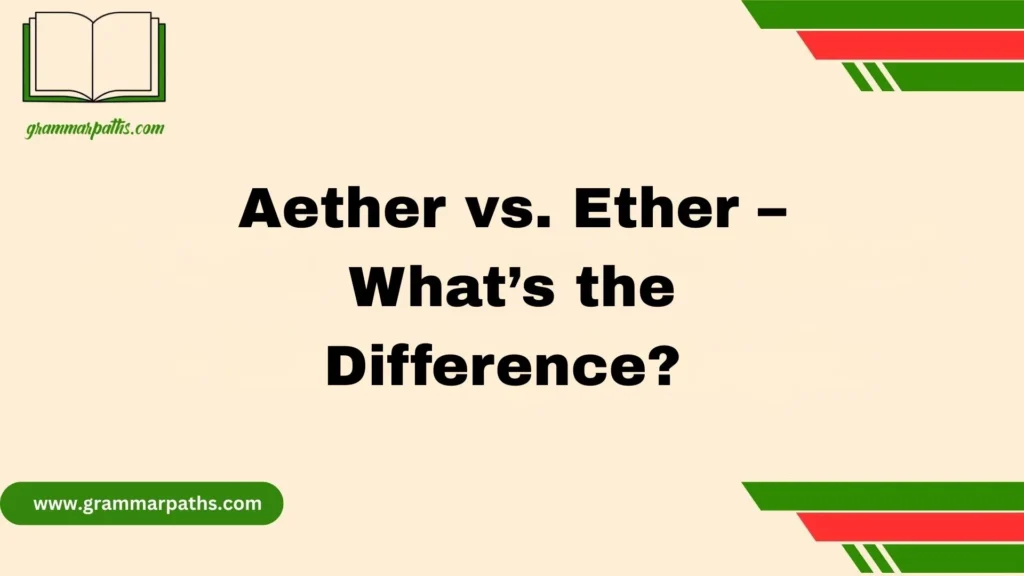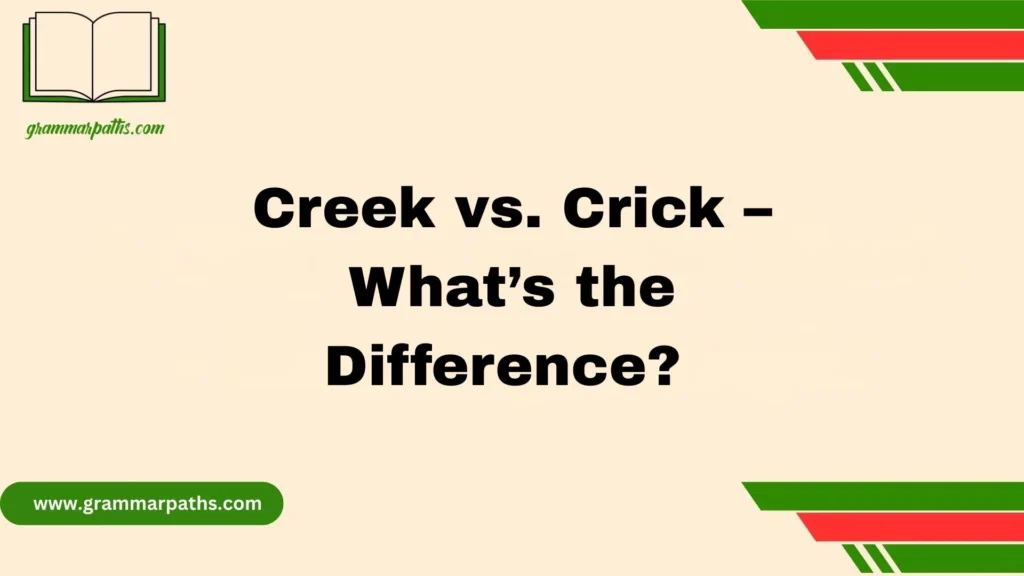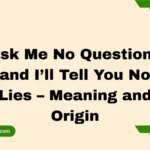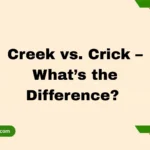The old phrase “Ask me no questions and I’ll tell you no lies has always struck me as a mix of clever words and heavy weight. At first glance, the line looks simple, almost playful, but beneath the surface are hidden layers of ethical choices and emotional distance that people use to feel safe. I remember a tense movie scene where it was whispered as a warning, and I once said it half-jokingly, half-cautiously, when someone came close to a truth I wanted to withhold. It becomes a kind of signal, a soft barrier that warns of consequence if someone tries to uncover too much. In those quiet moments, the expression feels like more than speech—it’s a survival tool for dodging an inconvenient or even dangerous truth.
Over time, I’ve seen how this turn of language creates a shaky moral boundary where a speaker may have fears about stepping onto uncertain ground. It isn’t always hostile—sometimes it’s used playfully, or as a protective instinct to avoid confrontation and keep sensitive information hidden. When truths feel too sharp in a heated conversation, this line helps someone sound honest while still lying by omission, not outright. I’ve noticed folks use it to dodge responsibility without seeming dishonest, almost as though avoiding the truth keeps the world steady. To me, it shows the real value of language—how a single expression, layered with undertones, can carry timeless power in a constantly shifting life full of demands, answers, and human instinct to share or conceal.
Understanding the Proverb
Literal Meaning
At its most basic, the proverb is straightforward: if you don’t ask, you won’t get lied to. It implies that lies often arise from questions people would rather not answer. By avoiding inquiry, you avoid deception.
Figurative Meaning
Beyond the literal, the phrase speaks to human avoidance of uncomfortable truths. It suggests that sometimes ignorance feels safer than facing honesty. People may prefer silence to the possibility of betrayal.
Moral and Ethical Undertones
The proverb highlights a gray area between truth and dishonesty. Is avoiding questions a moral choice, or is it an excuse to dodge honesty? It opens a debate:
- Is silence always neutral?
- Does choosing not to ask protect relationships, or weaken them?
- Is ignorance bliss, or just dangerous?
Everyday Usage
In daily life, you might hear someone use it:
- At work: When an employee avoids asking the boss about layoffs.
- In relationships: A partner might say it when they don’t want to reveal awkward details.
- In storytelling: Characters use it to imply secrets better left untouched.
Historical Origins
Early Appearances
The phrase can be traced back to the early 18th century, though similar ideas existed even earlier in English proverbial culture. Variations of the theme appear in collections of sayings and moral lessons.
Connection to Proverbs Tradition
Proverbs like this reflect societal wisdom condensed into a sentence. They were shared orally before being written in books. Collections of maxims, such as John Ray’s A Collection of English Proverbs (1670), helped preserve them.
17th and 18th Century Context
During the Enlightenment and the rise of print culture, sayings about truth, lies, and morality gained traction. This was an era of political shifts, rising literacy, and public debates. A proverb like this fit well into conversations about honesty and power.
Literary and Cultural Influence
Use in Classic Literature
One of the most famous early uses appears in Oliver Goldsmith’s 1773 play She Stoops to Conquer. A character remarks:
“Ask me no questions, and I’ll tell you no fibs.”
This version popularized the phrase and made it part of English cultural memory.
Shakespeare and Beyond
While Shakespeare didn’t use this exact phrase, his works are full of similar ideas about truth and deception. Phrases such as “truth will out” (from The Merchant of Venice) echo the same spirit.
Spread Through Oral Tradition
Proverbs lived not just in books but in oral storytelling and theater. Traveling performers, preachers, and writers spread them through villages and towns.
Cultural Adaptations
As the English language spread worldwide, so did its proverbs. In the United States, the phrase appeared in 19th-century newspapers and novels, often to highlight the tension between curiosity and discretion.
Evolution into Modern Times
Shifts in Meaning
Originally framed as a warning or advice, the phrase evolved into a casual idiom. Today it’s used with humor, sarcasm, or irony, rather than as strict moral instruction.
Modern Contexts
- Politics: Politicians often dodge questions to avoid telling uncomfortable truths, embodying the proverb’s meaning.
- Media: Journalists sometimes reference it when discussing secrecy in public life.
- Workplace: Colleagues may use it when avoiding gossip.
Pop Culture References
The phrase continues to appear in songs, films, and television. For example:
- Used in song lyrics to reflect secrecy in relationships.
- Referenced in comedies when characters dodge embarrassing questions.
Psychological Angle
From a psychological perspective, the proverb reflects the avoidance strategy people use to maintain harmony or protect themselves. Avoiding questions can reduce conflict but may also erode trust.
Real-Life Examples & Case Studies
Famous Quotations
Writers and leaders have echoed similar sentiments:
- Benjamin Franklin once warned, “He that lies down with dogs shall rise up with fleas,” linking dishonesty to consequence.
- Goldsmith’s play cemented the exact phrase in literary tradition.
Everyday Scenarios
Imagine these situations:
- At dinner with friends: Someone avoids asking how much another paid for a luxury item to avoid envy or judgment.
- In politics: A senator dodges direct questions in an interview, echoing the proverb’s principle.
- In relationships: A partner refrains from asking about past romances to keep peace.
Comparisons with Similar Sayings
| Saying | Meaning | Connection |
| “Ignorance is bliss” | Sometimes it’s better not to know. | Both discourage inquiry. |
| “What you don’t know won’t hurt you.” | Hidden truths cause no pain. | Similar defense of secrecy. |
| “Truth will out.” | Lies eventually surface. | Contrast: insists truth emerges. |
Relevance Today
In Personal Relationships
People still use the proverb when setting boundaries. Sometimes avoiding tough questions preserves harmony. Yet, in other cases, it prevents deeper intimacy.
In Business & Politics
Transparency is valued, but leaders often dodge questions. The proverb captures that tension between public accountability and self-protection.
Ethical Reflection
So, is this proverb wise or dangerous? The answer depends on context:
- Helpful when curiosity leads to unnecessary conflict.
- Harmful when avoiding truth hides serious issues.
Conclusion
The phrase “Ask me no questions and I’ll tell you no lies” carries a timeless value that stretches beyond clever words. It acts as both a protective instinct and a soft barrier, helping people avoid confrontation, dodge responsibility, and withhold sensitive information. Whether whispered in a tense movie scene or said half-jokingly, the expression creates a shaky moral boundary where someone balances truths, lies, and the need to feel safe. Its ethical undertones reveal how language can shape speech, offering a survival tool in a world that constantly demands answers.
FAQs
Q1: What does “Ask me no questions and I’ll tell you no lies” really mean?
It means if you don’t ask too much, you won’t force someone to reveal an inconvenient or dangerous truth, allowing them to avoid lying by omission.
Q2: Is this phrase always used in a negative way?
No. While it can sound dishonest, it’s often used playfully or as a protective instinct, depending on the speaker and the context.
Q3: Where is this phrase commonly heard?
It shows up in heated conversations, quiet moments, or even in films where a character needs to dodge direct questions.
Q4: Why does it carry so much weight?
Because it has hidden layers—on the face it’s simple, but underneath, it’s tied to ethical choices, truths, lies, and the emotional distance people keep to stay safe.
Q5: Is it still relevant today?
Yes. In a world filled with constant demands for information, this expression remains a way to protect personal boundaries while still sounding honest.

Mia Rose is the passionate writer and founder of GrammarPaths.com, a resource dedicated to helping learners master English grammar, idioms, and writing skills with ease. With a deep love for language and years of experience in teaching and content creation, Mia simplifies complex grammar rules into clear, practical guides that readers can instantly apply.
